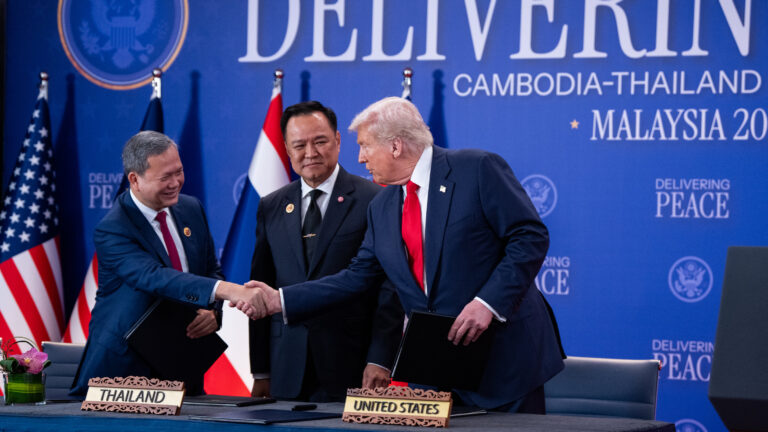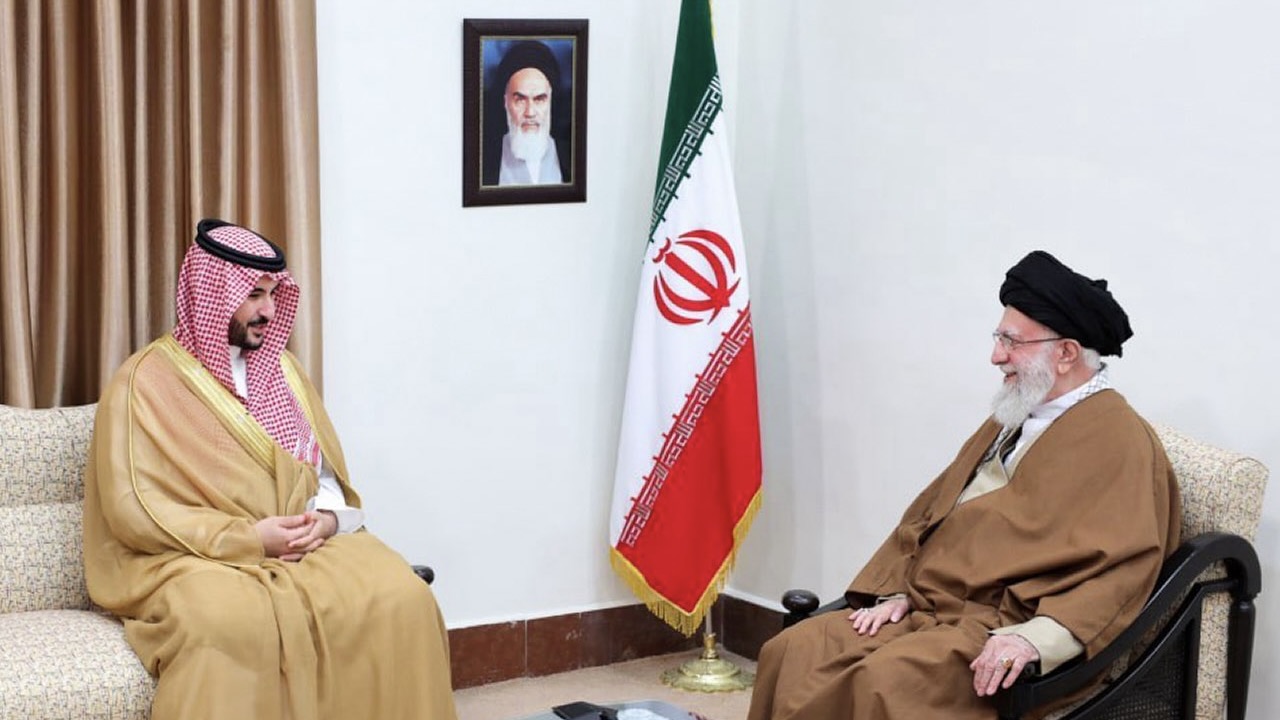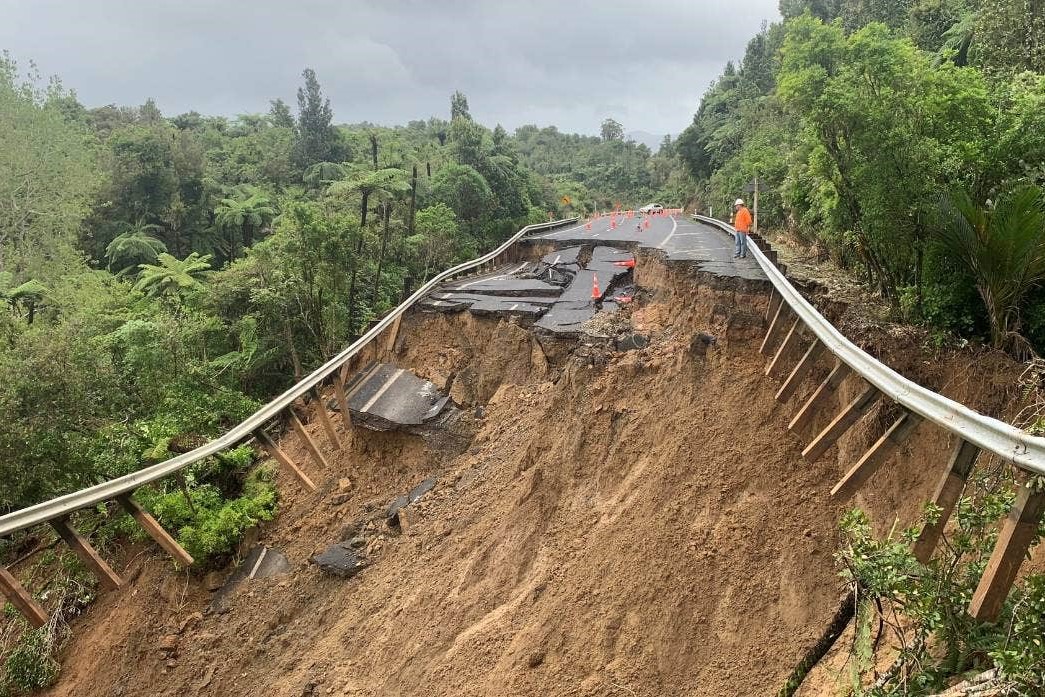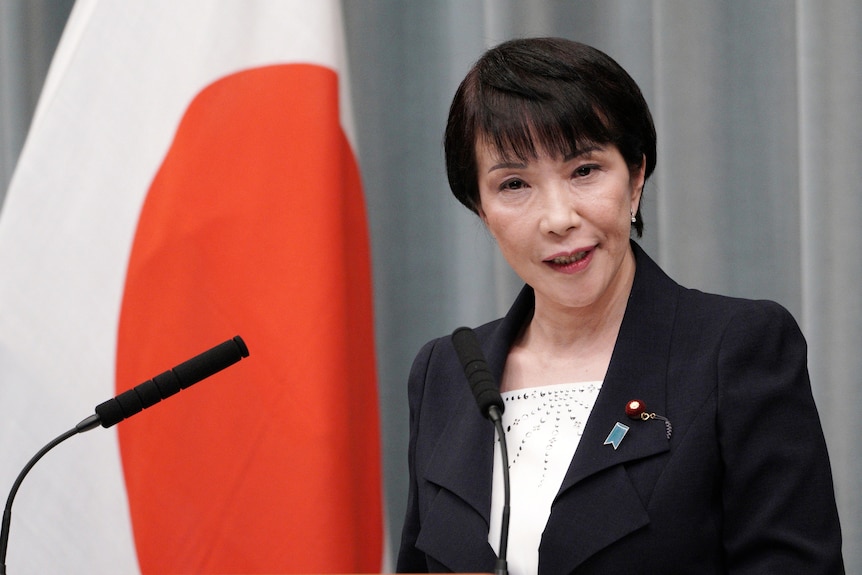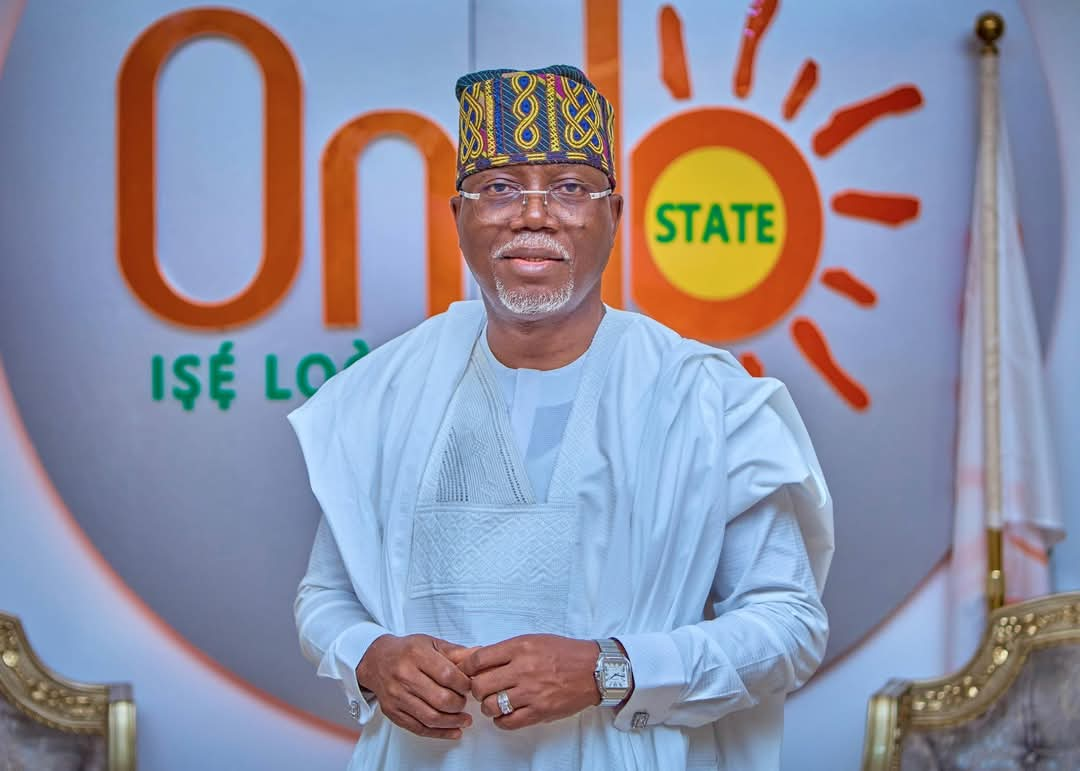US President Donald Trump wrapped up his visit to Southeast Asia after attending the 47th ASEAN Summit in Kuala Lumpur, but his shifting trade policies have left lingering uncertainty across the region.
Trump’s most high-profile engagement at the summit was overseeing a ceasefire agreement between Thailand and Cambodia. On the economic front, he announced reciprocal trade deals with Malaysia and Cambodia, along with framework agreements — precursors to full trade deals — with Thailand and Vietnam.
Under the agreements, the four countries accepted US tariff rates of 19–20% and pledged to cut non-tariff barriers on American goods. Cambodia and Thailand went further, promising to eliminate tariffs on 99–100% of US imports. In return, Washington offered limited tariff exemptions on select exports, with Malaysia securing zero tariffs on key goods such as palm oil, rubber, and cocoa.
The countries also made major purchasing commitments, agreeing to import US agricultural products and aircraft, while Malaysia pledged $70 billion in investments in the United States. Additional memorandums were signed between Malaysia and Thailand to boost cooperation in critical mineral supply chains, particularly rare earths, nickel, and cobalt.
However, significant questions remain unresolved. Trump has yet to clarify whether he will follow through on his threat to impose a 100% tariff on semiconductors and a 40% tariff on transshipments — Chinese goods rerouted through Southeast Asia to bypass existing US tariffs. Analysts warn such measures could severely disrupt the region’s complex, cross-border supply chains, especially in Malaysia and Vietnam, where semiconductor exports are vital to the economy.
The summit also provided no updates on future trade talks with Indonesia or the Philippines, two of the region’s largest markets. Nor did the agreements specify how Washington might redefine “country of origin” rules — a key concern for industries with components produced in multiple nations.
Read Also: Sexist Cyberbullying Of Brigitte Macron Sees 10 Go On Trial
While Malaysia’s deal was hailed as the most comprehensive, experts say much of the language repeats existing trade policies. “For many of the commitments to reducing non-tariff barriers, there’s no additional regulatory burden,” said Jaideep Singh of the Institute of Strategic & International Studies.
For now, ASEAN leaders are left weighing whether Trump’s transactional approach represents renewed US engagement — or another round of uncertainty for the region’s trade future.

